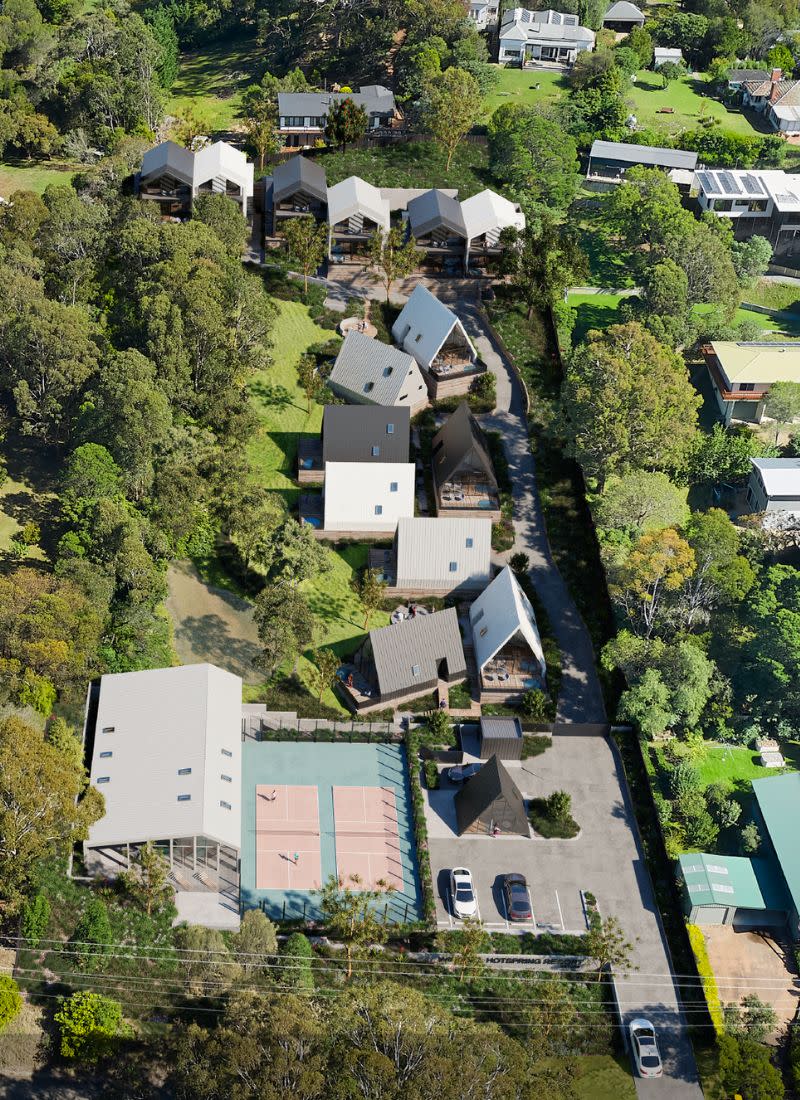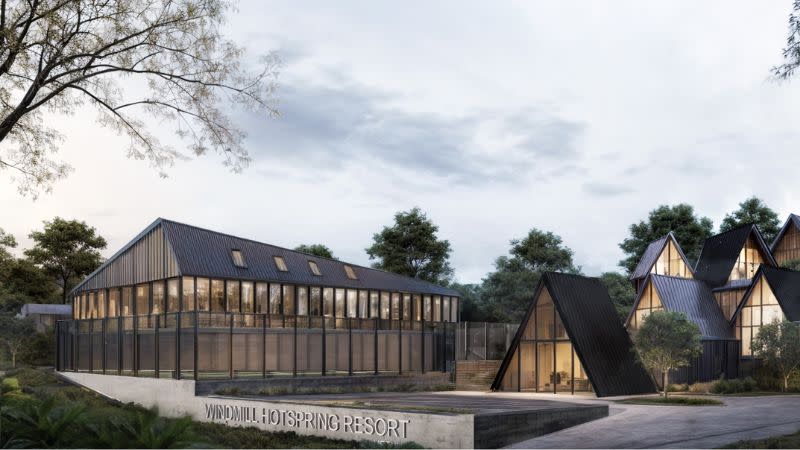Tribunal Knocks Back Vic Hot Springs Ecoresort

An ecoresort in the hot spring town of Metung in the east of Victoria has been knocked back by a tribunal.
Plans were lodged by Windmill Hotspring Resort for an ecotourism resort in the town 300km from Melbourne, but they were rejected initially by the East Gippsland Shire Council.
The developer of the resort wanted to develop the site at 33 Wood Street into 8 two-bedroom and 6 four-bedroom cabins.
The plans included a reception building, a multi-purpose hall for events, an indoor swimming pool and pickleball courts.
The project, which was managed by Rubiks Development, would sit on a “large, underutilised site” that is residentially zoned.
East Gippsland wants to position itself as a major tourist destination, and has encouraged accommodation such as B&Bs, cottages and farm-stay accommodation.
However, the tourism-friendly policies have to be “environmentally and aesthetically responsive”, according to the tribunal documents.
They also need to be responsive and in-keeping with the landscape and character of the area.

East Gippsland Shire initially rejected the proposals, and even though the developer amended its plans to reduce the size of the pool, increase setbacks, reduce cabin numbers and introduce an “ecology area”, the council still did not support the plans.
So Windmill Hotspring Resort took its case to the VCAT.
But the tribunal did not lean in its favour, and said that it would be judging the proposal based on the current planning scheme.
In this, the tribunal ruled that the development did not respond to the neighbourhood character of the area, saying it was “markedly at odds with the streetscape”.
It said the buildings did not have a recessive profile, were “robust” and not designed “to respond to the established character” of the area, given their “evident non-residential nature”.

The tribunal raised several issues, describing the pickleball courts as “utilitarian”, the cabins too tightly packed, amongst stormwater and ecology concerns.
It decided that the proposals would be a “discordant insertion” into a vegetated residential context.
The tribunal affirmed the council’s decision, and did not grant a permit for the resort.
While the latest resort may have been knocked back, further west, Melbourne’s hotel sector is surging.
Research from M3 Property this year showed that Melbourne has added 5000 hotel rooms across 22 properties since January of 2019, a 21 per cent increase in supply compared with Sydney’s 2270 rooms over the same period.













